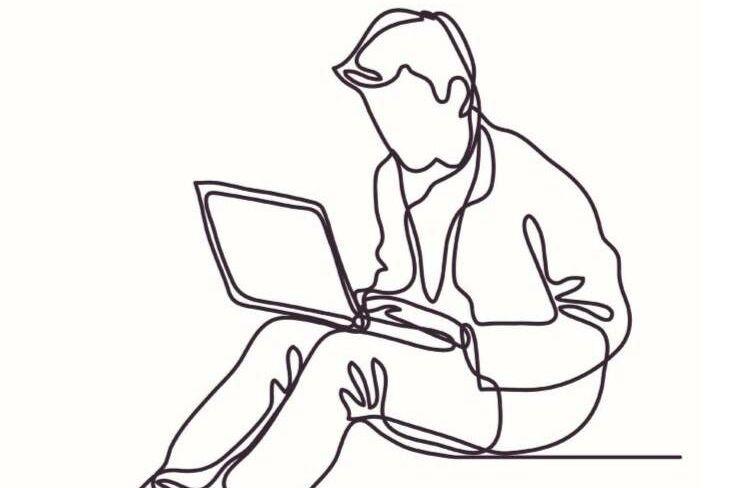Surcharging is a common practice across the country, with businesses charging consumers for making payments by certain payment methods, such as credit card, debit card, Paypal or cheque, for handling and processing the payment.
From 13th January 2018, businesses are no longer permitted to impose excessive surcharges on consumers for paying by following methods of payment:
· Consumer credit cards, debit card or charge cards
· Similar payment methods that are not card based (for example, mobile phone based payment methods)
· Paypal
This ban applies not only for goods and services but also taxes e.g. HMRC and DVLA.
The charge should not be more than any fees suffered by the business.
Application of the Regulations
We need to note here is that it is the method of payment, rather than the status of the buyer that determines whether this rule applies. If a customer pays by personal card then the rule applies but if a customer pays by corporate card then the rule does not apply.
Restrictions on payment surcharges
Business are allowed to make a charge for accepting a payment by any other method also, for example cash, cheques, standing order and direct debits. The maximum amount charged must not be more than it costs the business to process that method of payment. Businesses can apply surcharges based on the average cost incurred in processing the payment.
When a surcharge is applied for a payment method, this information must not be hidden and businesses must point out these costs up front.
Topics
Archive
- 2024
- March 2024 (1)
- January 2024 (1)
- 2023
- December 2023 (2)
- November 2023 (2)
- September 2023 (2)
- August 2023 (1)
- July 2023 (3)
- June 2023 (3)
- May 2023 (2)
- April 2023 (1)
- March 2023 (4)
- February 2023 (2)


Comments for Change To Excessive Credit Card Fees